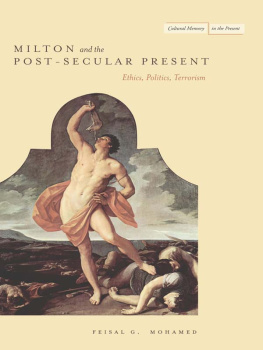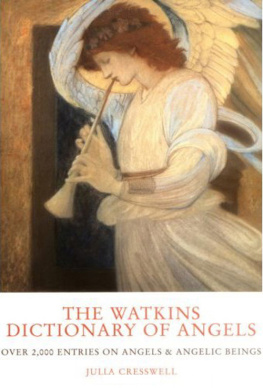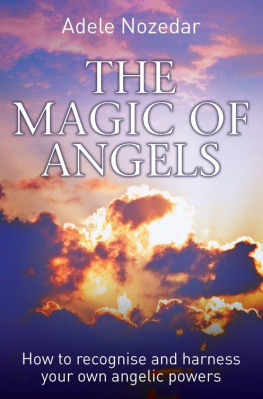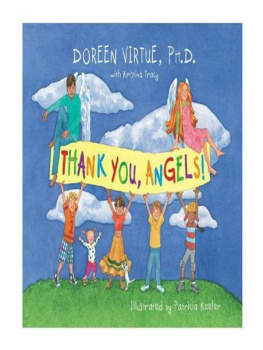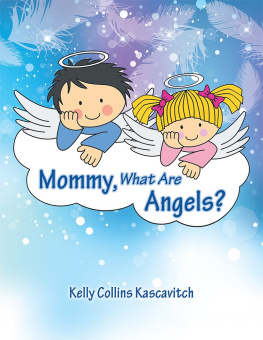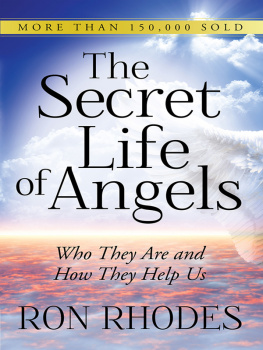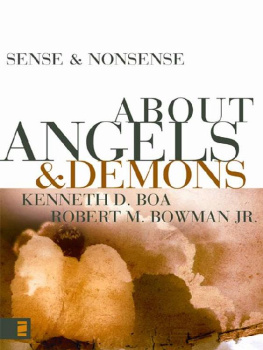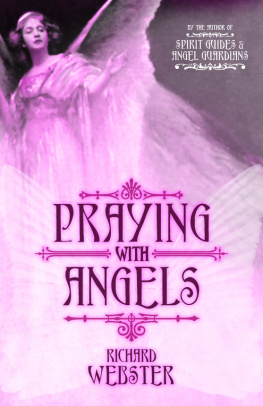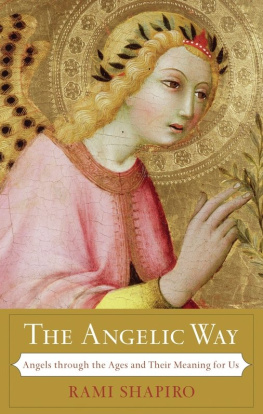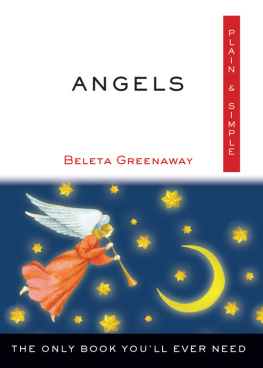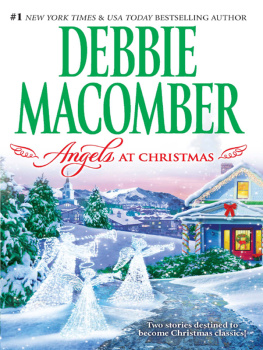MILTONS ANGELS
MILTONS ANGELS
The Early Modern Imagination
JOAD RAYMOND


Great Clarendon Street, Oxford 0X2 6DP
Oxford University Press is a department of the University of Oxford.
It furthers the Universitys objective of excellence in research, scholarship,
and education by publishing worldwide in
Oxford New York
Auckland Cape Town Dar es Salaam Hong Kong Karachi
Kuala Lumpur Madrid Melbourne Mexico City Nairobi
New Delhi Shanghai Taipei Toronto
With offices in
Argentina Austria Brazil Chile Czech Republic France Greece
Guatemala Hungary Italy Japan Poland Portugal Singapore
South Korea Switzerland Thailand Turkey Ukraine Vietnam
Oxford is a registered trade mark of Oxford University Press
in the UK and in certain other countries
Published in the United States
by Oxford University Press Inc., New York
Joad Raymond 2010
The moral rights of the author have been asserted
Database right Oxford University Press (maker)
First published 2010
All rights reserved. No part of this publication may be reproduced,
stored in a retrieval system, or transmitted, in any form or by any means,
without the prior permission in writing of Oxford University Press,
or as expressly permitted by law, or under terms agreed with the appropriate
reprographics rights organization. Enquiries concerning reproduction
outside the scope of the above should be sent to the Rights Department,
Oxford University Press, at the address above
You must not circulate this book in any other binding or cover
and you must impose the same condition on any acquirer
British Library Cataloguing in Publication Data
Data available
Library of Congress Cataloging in Publication Data
Library of Congress Control Number: 2009939951
Typeset by SPI Publisher Services, Pondicherry, India
Printed in Great Britain by
the MPG Books Group, Bodmin and Kings Lynn
ISBN 9780199560509
1 3 5 7 9 10 8 6 4 2
For Nicola, Marchamont,
and Elias
Tell her that sheds
Such treasure in the air,
Recking naught else but that her graces give
Life to the moment,
I would bid them live
As roses might, in magic amber laid,
Red overwrought with orange and all made
One substance and one color
Braving time.
Acknowledgements
Among the benefits to being a Miltonist is the excellent community of learned scholars, and the present time is well stocked with them: my thanks, for various discussions of this book, to David Norbrook, Sharon Achinstein, Nigel Smith, David Loewenstein, Martin Dzelzainis, Paul Stevens, Gordon Campbell, Tom Corns, Neil Forsyth, Edward Jones, Laura Knoppers, Jameela Lares, Annabel Patterson, Nol Sugimura, Graham Parry, Jason Rosenblatt. I owe a great intellectual debt to Kevin Sharpe and Steve Zwicker, for being good friends and good readers over many years. I am indebted to David Colclough, Rosy Cox, Nicole Greenspan, Lauren Kassell, Kevin Killeen, and Simon Schaffer for reading chapters and offering excellent advice; Sophia Mullins too read drafts, first as a student and then as a friend. Olivia Smith, also once a student, sent more references than I could use, and took me for an important drink. Thanks to Line Cottegnies and Sermin Meskill for conversations and hospitality. And for dialogue, references, and informative correspondence, thanks to John Morrill, Lori Newcomb, Norah Carlin, John Ford, Vittoria Feola, Julie Park, Blair Hoxby, Sue Wiseman, and Steve Bardle.
I would like to give particular acknowledgement to four groundbreaking books: Robert H. Wests Milton and the Angels, Stephen Fallons Milton among the Philosophers, J. M. Evanss Paradise Lost and the Genesis Tradition, and Neil Forsyths The Satanic Epic. All are brilliant models of different kinds of scholarship and helped to shape this book. To contributors to a conference entitled Conversations with Angels, which I co-ran with Lauren Kassell at the Centre for Research in the Arts, Social Sciences and Humanities in Cambridge, in September 2005, and which provided the origins of a forthcoming collection of essays, I owe various kinds of debt, and I especially thank Walter Stephens, Tony Grafton, Alex Walsham, Peter Marshall, Nick Wilding, and Pete Forshaw for illuminating conversations. To my sons Elias and Marchamont I owe much happiness.
Papers based on the book were given at various conferences and seminars, beginning with the International Milton Symposium in Beaufort, South Carolina, in June 2002, where the idea initially stuck out its neck, and ending with the International Milton Symposium in London in July 2008; and, in between, in Cambridge University, Birkbeck College, London, Oxford University, Goldsmiths College, London, Yale University, Princeton University, the University of Illinois at Urbana-Champaign, University of WisconsinMadison, University of Maryland, Universit Sorbonne NouvelleParis 3, Universit de Versailles Saint-Quentin-en-Yverlines, and Universit de Paris VIII Vincennes Saint-Denis, 23 May 2003. I am grateful to many members of many audiences for discussions.
Portions of in Line Cottegnies, Claire Gheeraert-Graffeuille, Tony Gheeraert, Anne-Marie Miler-Blaise, and Gisele Venet (eds), Les Voix de Dieu: Littrature et prophtie en Angleterre et en France lge baroque (Paris, 2008). My thanks to these editors and their presses.
I am also indebted to librarians and archivists at the University of East Anglia, the Folger Shakespeare Library, the Library of Congress, Cambridge University Library, the Bodleian Library, the British Library, the Public Record Office, the Wellcome Library, the Beinecke Library, the Firestone Library at Princeton University and the library at the Princeton Theological Seminary, the New York Public Library, and the university libraries in Charlottesville, Urbana-Champaign, and Madison.
The University of East Anglia has provided a supportive environment during the writing of this book, and many students created a stimulating one. The extent of the research on which it is based would not have been possible without the generosity of the Leverhulme Trust, which awarded me a Leverhulme Research Fellowship in 2003; nor without the Arts and Humanities Research Council, which granted a Research Leave award for the spring of 2007. A fellowship at the Folger Shakespeare Library provided a commodious period for thinking and drafting. OUP has been a great press to work with, and Andrew McNeillie the best of editors. I must also thank an anonymous reader of the manuscript for saving me from Error.
This book has consumed many years with reading, writing, and unwriting. I dispatch it now with special thanks to those friends who helped it emerge from darkness into light: Eivind, Simon, David, Helen, Dean, Sean, Sophia, Kevin, Nicola. It is dedicated to my three loves.
J. R.
Contents
List of Illustrations
List of Abbreviations and Conventions
I have retained original punctuation and spelling, though I have modernized u/v and i/j/y on typographical and palaeographical grounds only, and where the sense is clear. As we await the Oxford Complete Works of John Milton, I use the Latin translations in the Columbia or Yale editions according to which I prefer; I translate the poetry myself. I have transliterated Greek and Hebrew.
Next page

